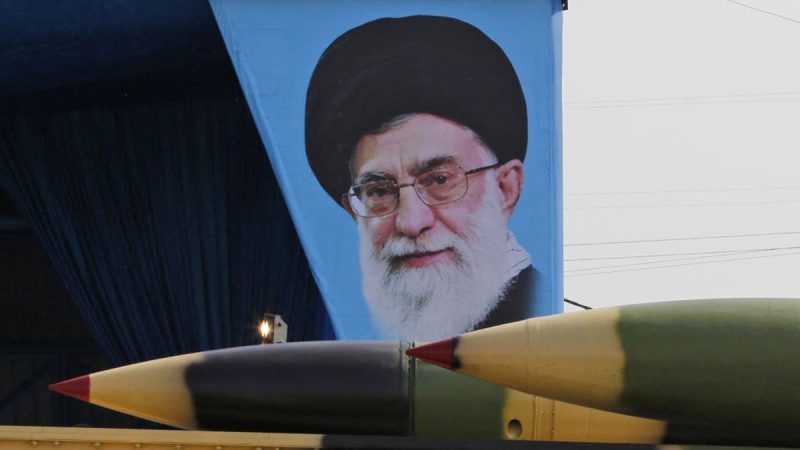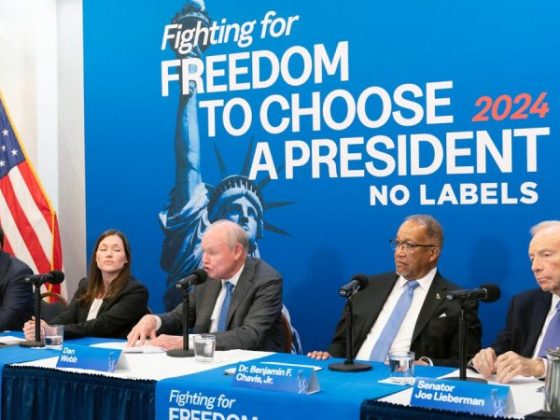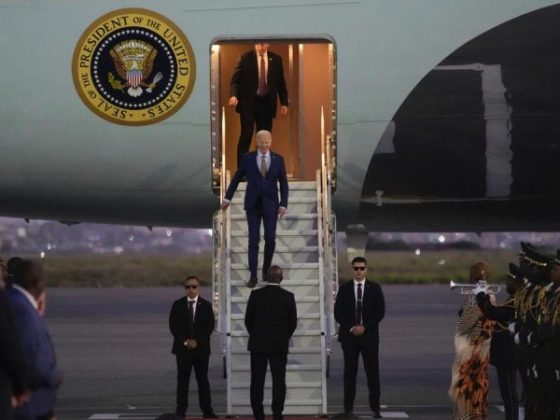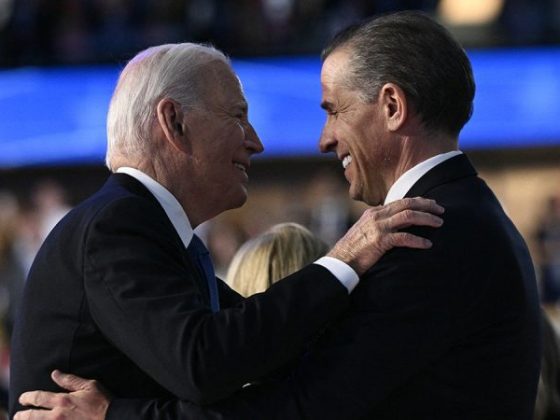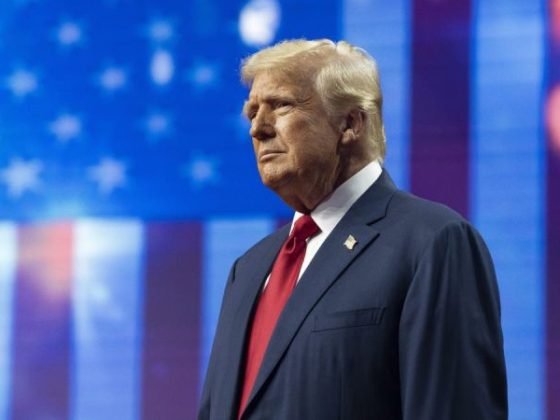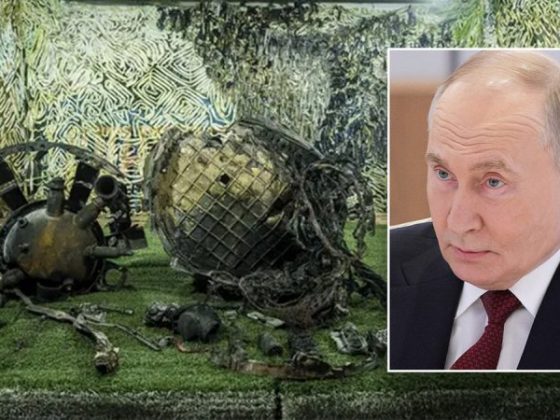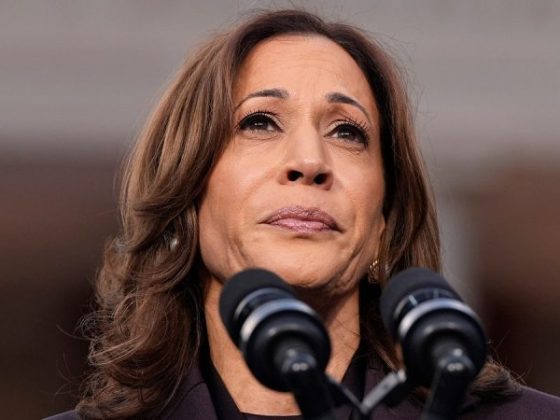Within the body of American political discourse, one of the most significant issues to emerge lately pertains to the Biden administration being increasingly placed under a considerable amount of pressure to halt multi-billion-dollar sanctions relief to Iran. This multifaceted issue is roiling both domestic politics in the United States, as well as its international relationships, making it a topic of significant weight and relevance.
A pertinent element underpinning this situation revolves around the highly contentious question of nuclear proliferation. The administration of the previous U.S. president, Donald Trump, had in 2018 unilaterally abandoned the Joint Comprehensive Plan of Action (JCPOA), also known as the Iran Nuclear Deal, implemented under his predecessor, Barack Obama. The Trump administration instigated a maximum pressure campaign against Iran, introducing severe economic sanctions. Those sanctions have been credited for crippling Iran’s economy, constricting its oil exports, and shrinking its access to international banking services with the hopes of compelling Tehran to yield to Washington’s demands around nuclear arms.
However, upon taking office, President Joe Biden expressed his wish to re-enter the JCPOA and rescind Trump-era sanctions, with the intention of using diplomacy as a tactic to deescalate the already fraught US-Iran relationship. Critics of this approach argue that the Biden administration’s plan essentially offers large-scale economic relief to Iran in return for uncertain nuclear containment promises, thus rewarding the regime for non-compliance.
Several lawmakers, human rights advocates, and Middle East policy proponents argue that the proposed relief of sanctions may unintentionally finance Iran’s controversial activities. They contend that Iran has previously funneled financial resources into regions of conflict within the Middle East, backing various militia groups and stirring sectarian tensions. Those in favor of maintaining the sanctions present this as a profound concern, and argue that by empowering Iran economically, the U.S. would be indirectly contributing to regional instability.
Moreover, the Biden administration has been accused of underestimating the potential global economic implications of sanction relief. Critics argue that by removing restrictions and reinstating Iran into the global economy, the U.S. may inadvertently incite a surge of low-priced oil from Iran into the already fluctuating international market. This could detrimentally impact the global energy balance and detriment the U.S. domestic oil industry.
Finally, the administration also faces challenges in the practical implementation of sanctions relief. It is a complex process that requires careful evaluation of individual sanctions to determine their legality, implications, and efficacy. With thousands of sanctions to review, this will undeniably be a labor-intensive and time-consuming procedure that could further detract from the administration’s other foreign policy objectives.
In conclusion, the Biden administration stands in the crosshairs of an increasingly demanding quandary. Whether it stands firm in its commitment to lift sanctions off Iran in a bid to revive the JCPOA, or succumbs to the mounting pressure to maintain economic restrictions, the next move will undeniably have lingering repercussions on not just its own tenure but potentially for the global geopolitical landscape.

